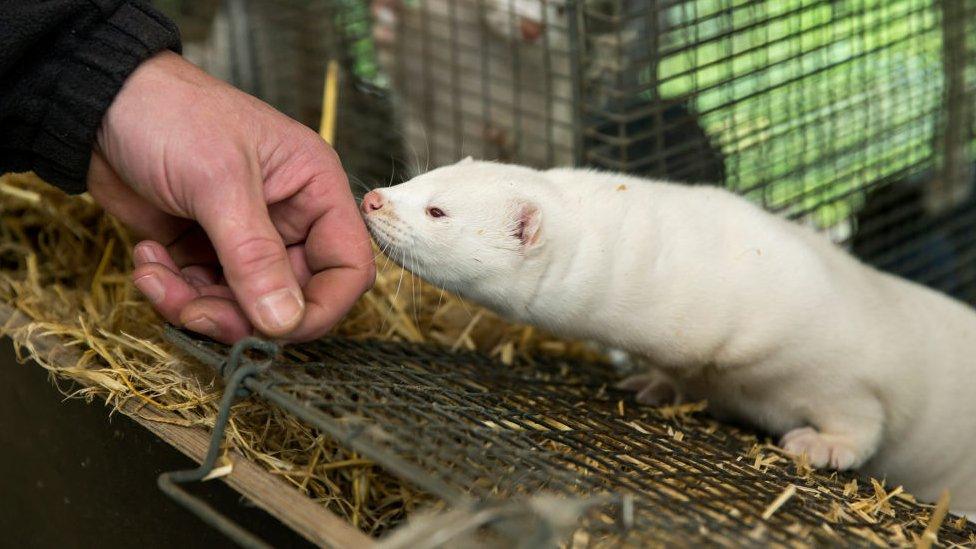Eradicating invasive mink a 'realistic dream' say experts
- Published
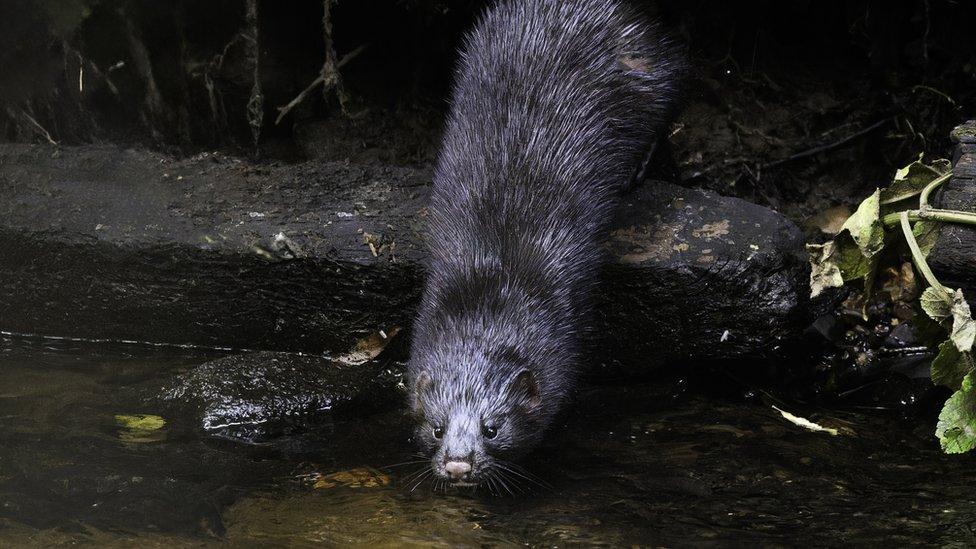
American Mink first started breeding in the wild in the 1950s having escaped from commercial fur farms
Completely eradicating invasive mink from British waters is now a "realistic dream", according to environmentalists.
The Waterlife Recovery Trust (WRT) has laid hundreds of traps in waterways across the East of England as part of a world-first trial.
The organisation said the pilot had been "a success" as there was no evidence of mink reproduction during the 2023 breeding season.
WRT wants to expand the scheme across Britain to help native animals recover.
Environmental groups said there had been a 97% decline in the number of water voles, external since 1950 - largely due to mink.
Previous attempts to fully eradicate the mammal had been unsuccessful due to a lack of funding.
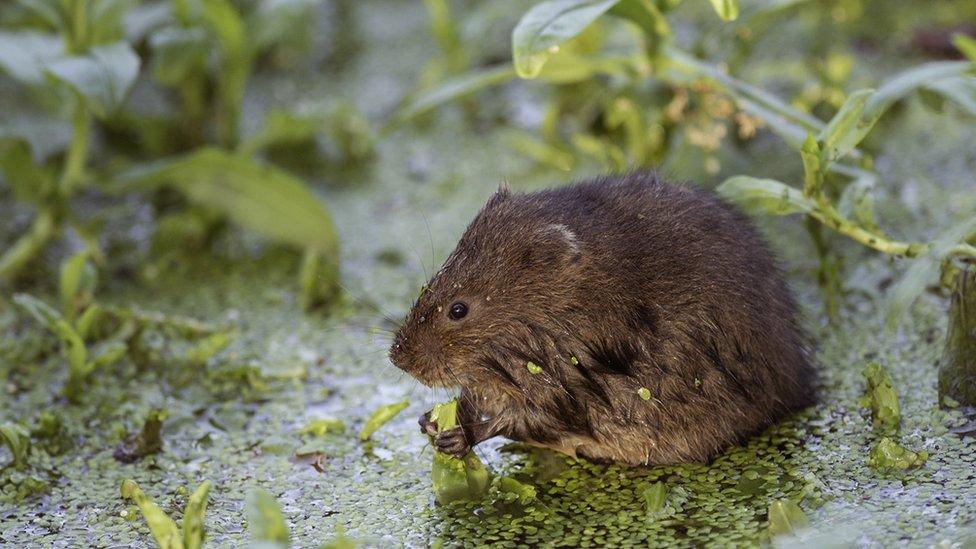
Mink pose a threat to dwindling water vole numbers throughout much of Britain
Prof Tony Martin, chair of the WRT said: "Until now, the complete removal of American mink from Britain has been an impossible dream, but the success of this trial offers hope that a century of catastrophic damage to precious native wildlife can be brought to an end.
"It's now a race against time to eradicate mink before they wipe out the last of our water voles and drive the final nail into the coffin of seabird colonies already hammered by avian influenza."
The WRT, along with hundreds of conservation volunteers, laid 441 "smart cage traps" across the East of England, with a focus on Norfolk and Suffolk.
A 60 km (30-mile) wide "buffer zone" was also established in parts of Essex, Hertfordshire, Bedfordshire, Cambridgeshire and Lincolnshire to prevent mink entering the area from the west and the south.
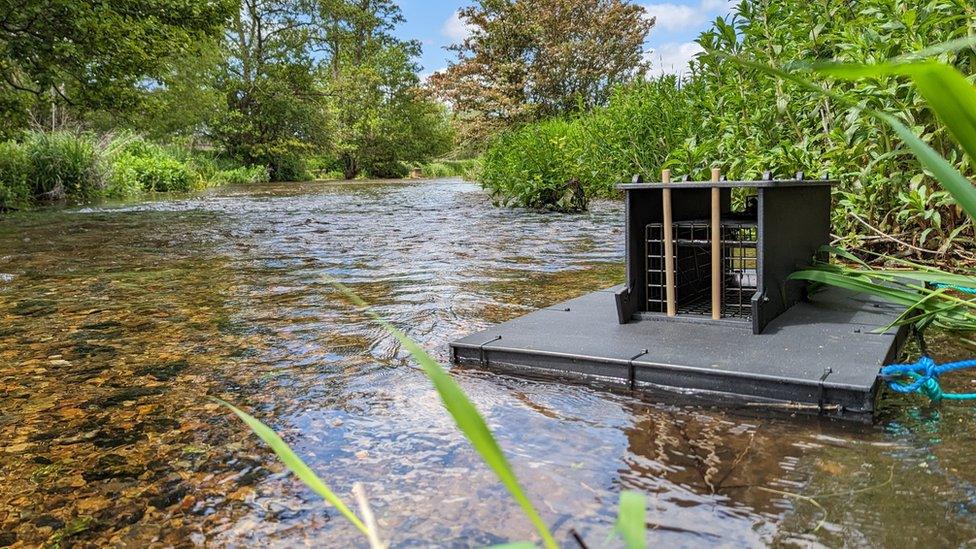
When animals enter the mink traps an alarm triggers and volunteers are sent to investigate
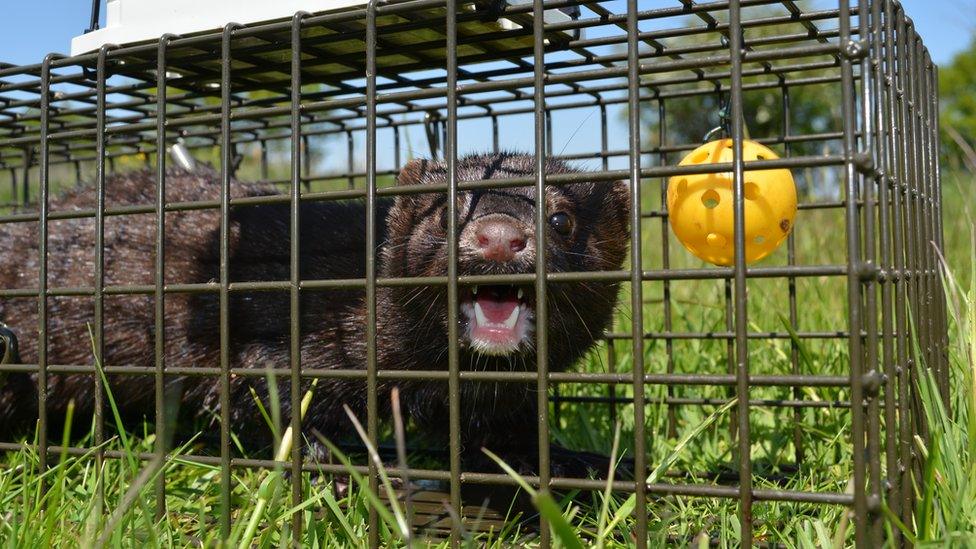
Captured mink are "humanely dispatched" while native wildlife mistakenly caught are released unharmed, the WRT says
Following the trial's success, the WRT has secured a grant of £500,000 from Natural England to expand its work across the area, from the Thames to mid-Lincolnshire.
A second grant from Natural England is also being used to maintain the trapping network in and around Norfolk and Suffolk to prevent mink "sneaking in from elsewhere".
Efforts to eradicate mink in Norfolk and Suffolk first began in 2003, external.
More than 20 years on, the WRT now hopes the method will one day be expanded into Europe.
"We now have a golden opportunity to fix a problem we've inherited and not simply pass on an even more impoverished natural world to the next generation," Prof Martin added.
"Nature has a remarkable ability to bounce back, given half a chance. Let's give it that chance."

Follow East of England news on Facebook, external, Instagram, external and X, external. Got a story? Email eastofenglandnews@bbc.co.uk or WhatsApp 0800 169 1830
- Published15 September 2023
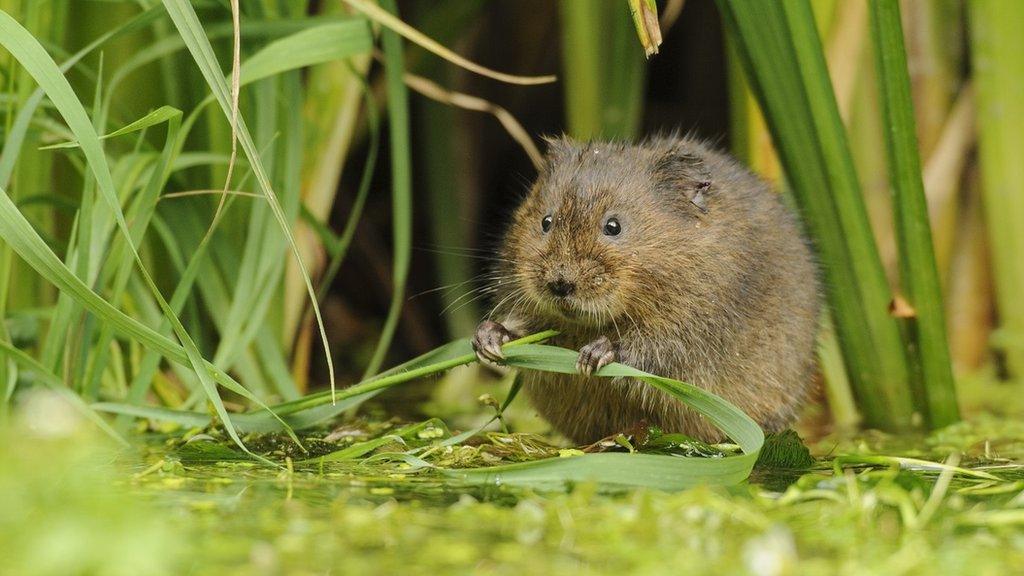
- Published9 July 2023
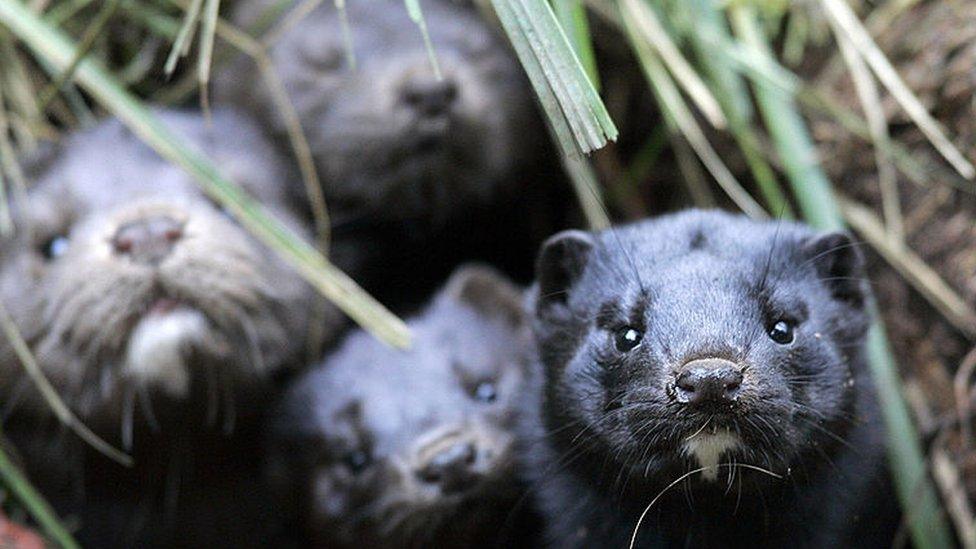
- Published11 November 2020
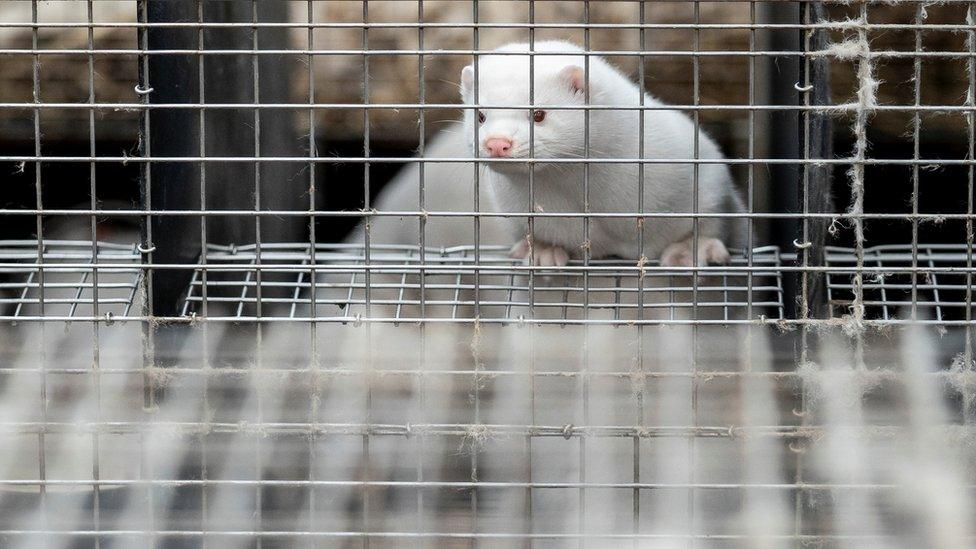
- Published9 November 2020
